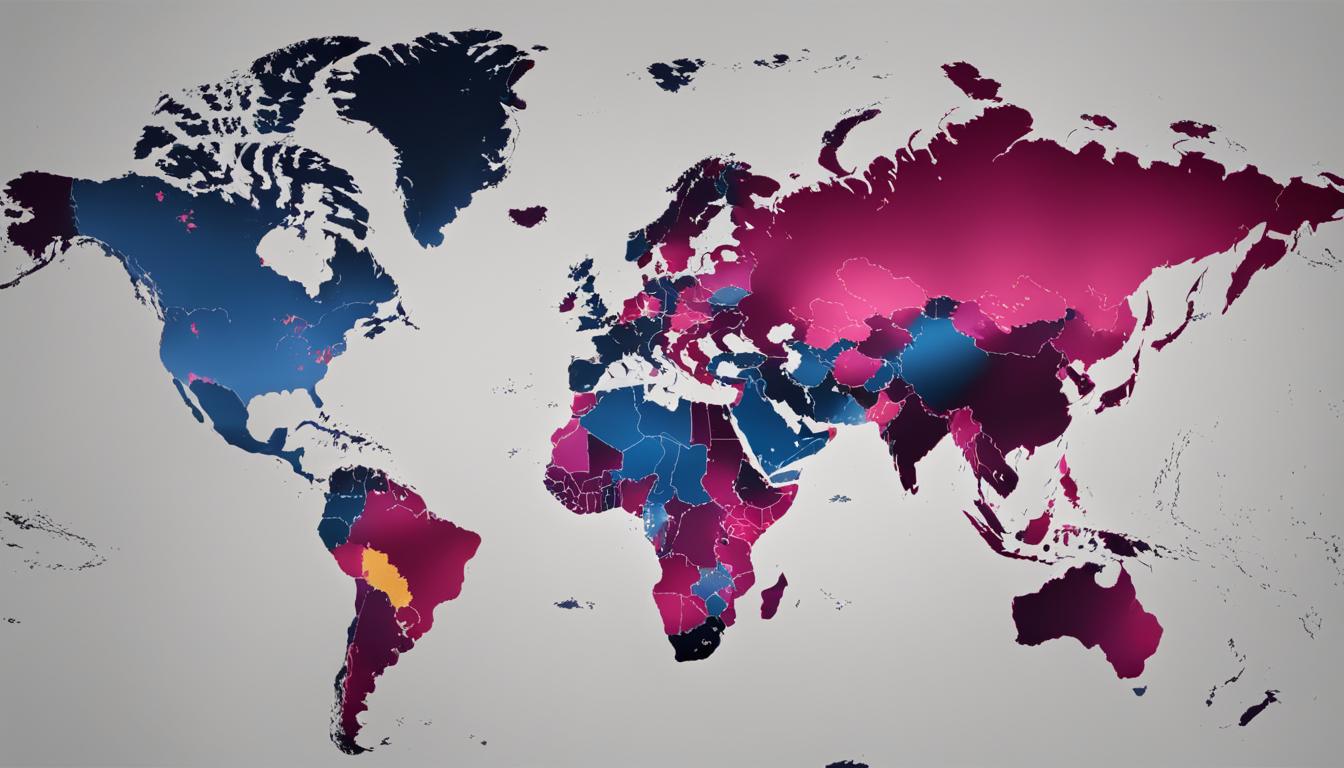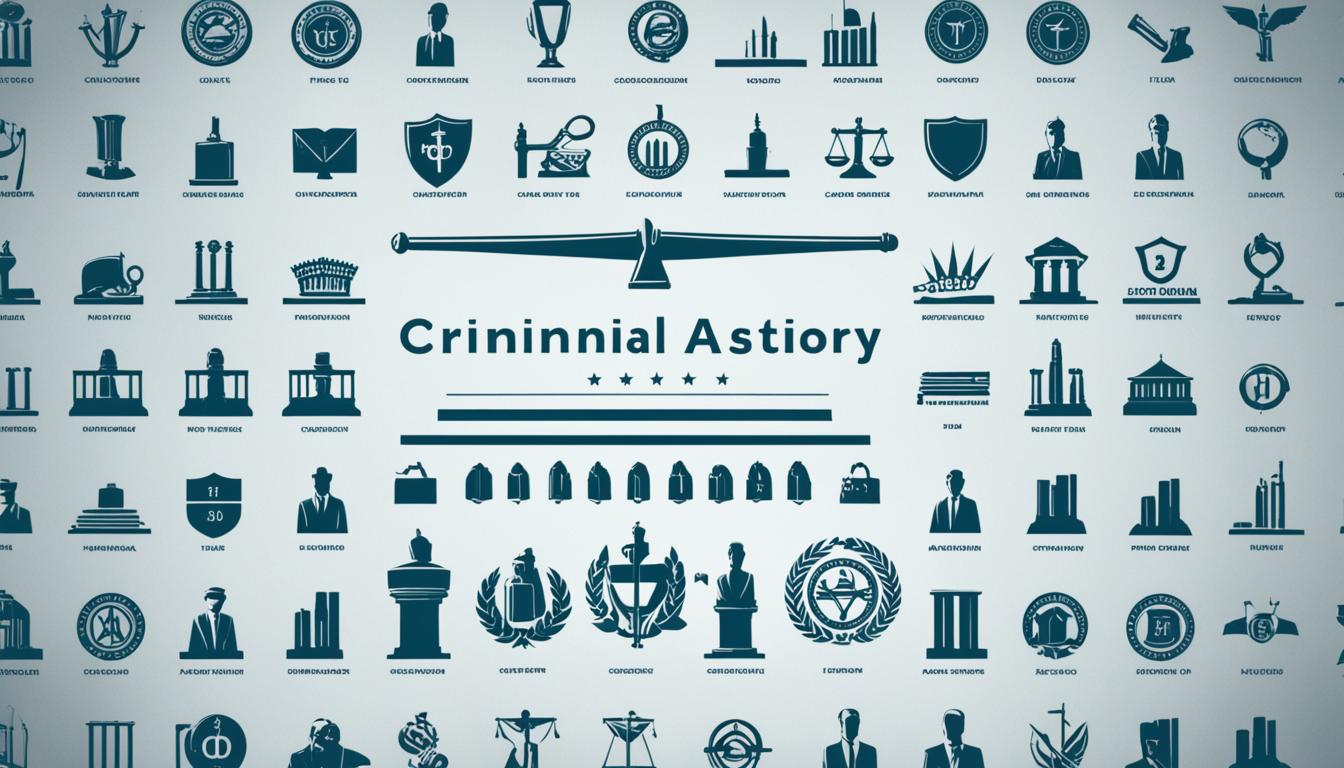Understanding Crack Cocaine Effects on Health
Did you know that crack cocaine, a potent stimulant derived from the coca plant, can have devastating effects on an individual’s health? The use of crack cocaine not only leads to addiction but also poses numerous risks to physical and psychological well-being.
Key Takeaways:
- Crack cocaine is a highly addictive drug with powerful stimulant effects.
- Physical effects of crack cocaine include constricted blood vessels, respiratory issues, and weight loss.
- Psychological effects of crack cocaine can lead to addiction, changes in brain function, and impaired relationships.
- The risks and dangers of crack cocaine include overdose, heart failure, and increased vulnerability to infections.
- Seeking help and support is crucial for individuals struggling with crack cocaine addiction.
The Physical Effects of Crack Cocaine
Crack cocaine use can have severe physical effects on the body. It can cause the blood vessels to constrict, leading to reduced oxygen flow to the heart and potentially causing heart attacks, strokes, and high blood pressure. It can also lead to respiratory issues, damage the lungs, cause sinus infections, and even result in “crack lung,” a severe condition characterized by chest pain, breathing problems, and fever.
Long-term use of crack cocaine is associated with serious health problems such as weight loss, malnutrition, sexual problems, infertility, and increased risk of infections. It can also have detrimental effects on mental health, including the development of psychosis, anxiety, depression, and paranoia.

| Physical Effects of Crack Cocaine | |
|---|---|
| Constricts blood vessels | Reduced oxygen flow to the heart |
| Increases risk of heart attacks and strokes | Causes high blood pressure |
| Respiratory issues | Lung damage |
| Sinus infections | “Crack lung” – chest pain, breathing problems, fever |
| Weight loss and malnutrition | Sexual problems and infertility |
| Increased risk of infections | Psychosis, anxiety, depression, and paranoia |
The Psychological Effects of Crack Cocaine
Crack cocaine use can have profound psychological effects on individuals. The drug’s powerful stimulant properties often lead to addiction, where users find themselves unable to control their use and prioritize obtaining and using crack cocaine above all else. This addiction can have detrimental effects on an individual’s mental health and overall well-being.
One of the challenging aspects of crack cocaine addiction is the withdrawal process. When someone tries to stop using crack cocaine, they may experience intense cravings, which can be difficult to resist. These cravings can lead to increased irritability, depression, fatigue, and disturbed sleep patterns. It is crucial to recognize these symptoms and seek professional help during the withdrawal phase.
Furthermore, chronic use of crack cocaine can result in significant changes in brain function. The drug affects the brain’s reward system, leading to continued drug-seeking behavior even when individuals are aware of the negative consequences. This cycle of addiction can be difficult to break without appropriate support and treatment.
The psychological effects of crack cocaine abuse are not limited to the individual. It can also have a profound impact on personal relationships, causing strain and conflict with loved ones. Judgment and decision-making can become impaired, leading to risky behaviors and damaging social interactions. Long-term crack cocaine abuse can hinder an individual’s ability to function effectively in society, affecting their personal and professional lives.

It is important to understand the psychological effects of crack cocaine and the toll it takes on individuals’ mental health. Addressing crack cocaine abuse requires professional intervention and support to overcome addiction and minimize the negative consequences. Seeking help is a vital step towards recovery and regaining control over one’s life.
The Risks and Dangers of Crack Cocaine
The use of crack cocaine poses serious risks and dangers to individuals who engage in its consumption. The highly addictive nature of the drug can lead to devastating consequences, affecting various aspects of a person’s life. Understanding these risks is crucial to promoting awareness and providing support to those affected by crack cocaine addiction.
One of the most immediate dangers of crack cocaine is the potential for overdose, which can result in severe health complications, including seizures, heart failure, and even death. Combining crack cocaine with alcohol further increases the risk of sudden death, making the combination particularly hazardous.
Crack cocaine addiction can have far-reaching negative effects on an individual’s life. Financial difficulties often arise as a result of the drug’s high cost, leading to financial instability and potential legal issues. Moreover, addiction can strain personal relationships, causing damage and deterioration in the individual’s social support system.
It’s important to recognize that the risks associated with crack cocaine extend beyond the physical health problems. The drug can lead to risky behaviors, increasing the likelihood of violence and the spread of sexually transmitted infections. This further emphasizes the urgent need for individuals using crack cocaine to seek help and support to minimize these associated risks.
To illustrate the risks and dangers of crack cocaine, consider the following table:
| Risks and Dangers | Impact |
|---|---|
| Overdose | Potential for severe health complications, including seizures, heart failure, and death. |
| Addiction | Financial difficulties, legal issues, and strained relationships. |
| Risky Behaviors | Increased likelihood of violence and contracting sexually transmitted infections. |
In conclusion, crack cocaine addiction carries significant risks and dangers that can have profound impacts on individuals and society as a whole. Understanding these risks is crucial for promoting prevention, providing support, and encouraging individuals to seek the necessary help to overcome addiction and reduce the associated risks.
Seeking Help for Crack Cocaine Addiction
If you or someone you know is struggling with crack cocaine addiction, it is crucial to seek help and support. Crack cocaine addiction can have severe consequences on both physical and mental health, as well as personal relationships and overall well-being.
To overcome crack cocaine addiction, there are treatment options available. One of the most effective approaches is cognitive behavioral therapy (CBT), which helps individuals identify and change negative thought patterns and behaviors associated with addiction. Community-based programs are also valuable resources, providing guidance, support, and a sense of community for individuals on their journey towards recovery.
Managing crack cocaine withdrawal symptoms is an important aspect of the treatment process. Under the guidance of healthcare professionals, individuals can receive the necessary support and resources to cope with the physical and psychological effects of withdrawal. It is essential to reach out to reputable healthcare providers, such as CAMH (Centre for Addiction and Mental Health) or ConnexOntario, for information on available treatment options and resources.
Remember, seeking help is the first step towards a healthier and drug-free life. Recovery from crack cocaine addiction is possible, and with the right support system and resources, individuals can regain control over their lives and pave the way for a brighter future.
- Canada Arrest Protocol: What Police Say Upon Arrest - June 12, 2025
- Can Police Disclose Who Reported You? Find Out Here - June 6, 2025
- 2025 Window Rebates Ontario: How to Save Money While Replacing Windows and Doors - April 24, 2025




















Post Comment